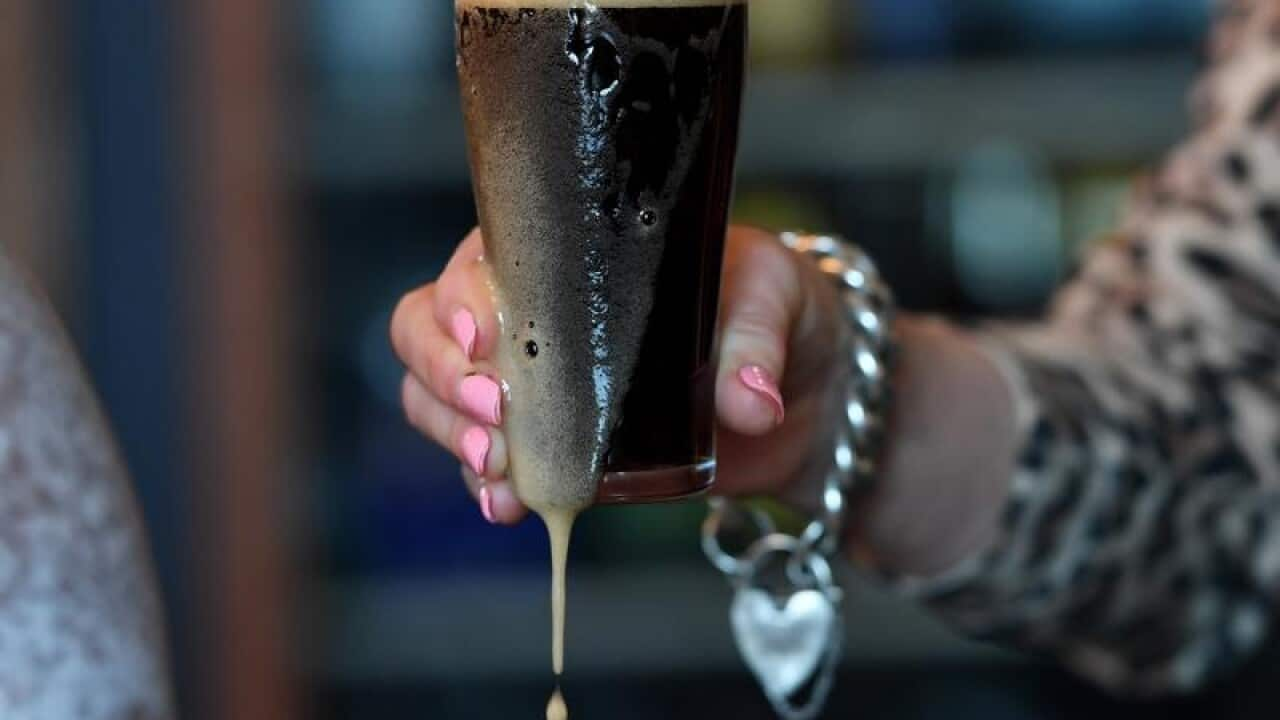Superior Court Judge Elihu Berle said in a proposed decision Wednesday that Starbucks and other companies had failed to show that the threat from a chemical compound produced when roasting coffee was insignificant, court documents showed.
Starbucks and some 90 other defendants in the case have until April 10 to file objections. Other defendants include Green Mountain Coffee Roasters Inc, the J.M. Smucker Company and Kraft Foods Global, according to court documents.
Recommended reading

Craft beer healthier than red wine: study
Officials from Starbucks and other coffee sellers such as Dunkin’ Donuts and Peet’s did not immediately respond to requests for comment.
The California-based Council for Education and Research on Toxics (CERT) first sued Starbucks and other companies in 2010 alleging they failed to provide warnings to consumers that the coffee they sold contained high levels of acrylamide, a toxic and carcinogenic chemical, court documents showed.
CERT argued that since acrylamide was classified as a carcinogen under California law, coffee sellers had to use warning labels to alert the millions of Californians drinking their products.
Related reading

Heineken pulls ad slammed as 'terribly racist'
In the first phase of the trial, Starbucks and other defendants failed to show there was no “significant risk level” from the acrylamide in brewed coffee, court documents showed.
In the second phase of the trial concluded on Wednesday, the companies tried to establish that there was an acceptable “alternative significant risk level” of exposure to acrylamide, that consumers would stay within during a lifetime of coffee drinking.
Berle ruled that the companies failed to prove that there was such a level and therefore their products had to carry warning labels for acrylamide.









